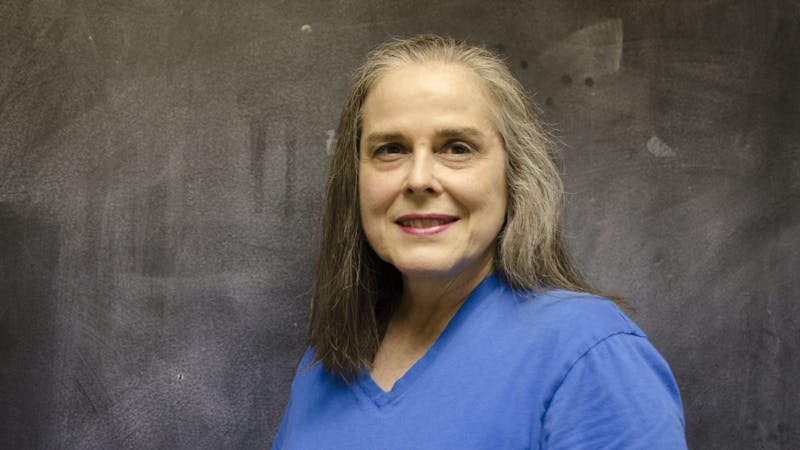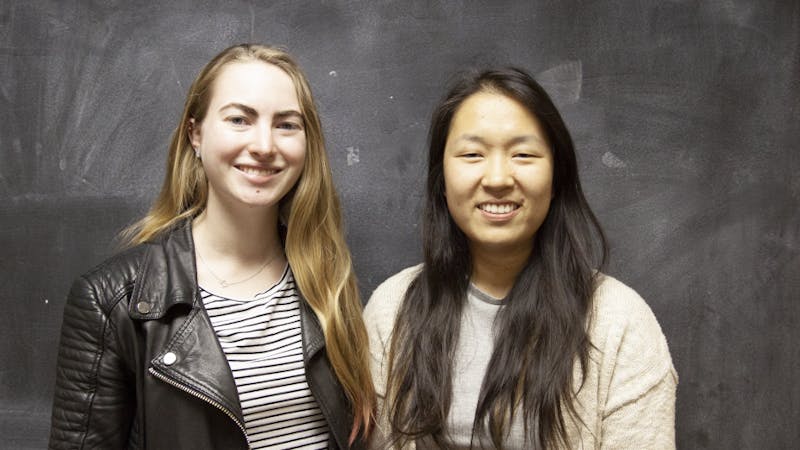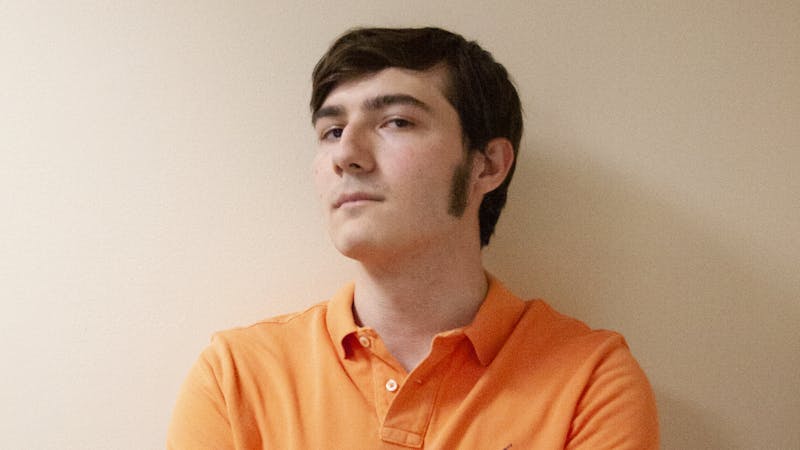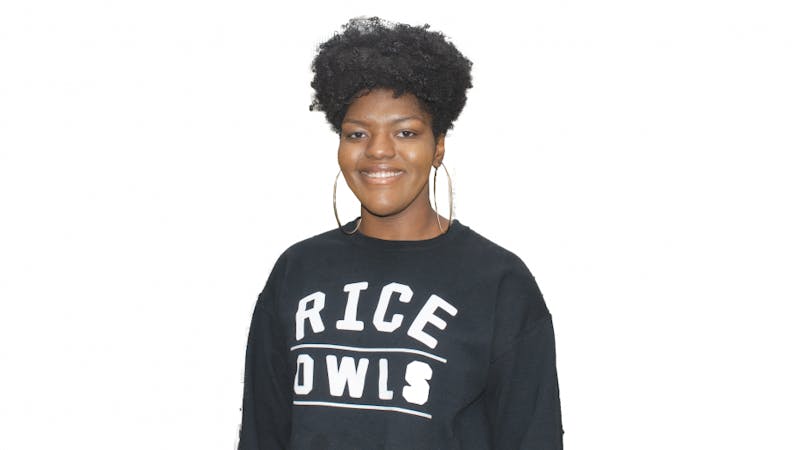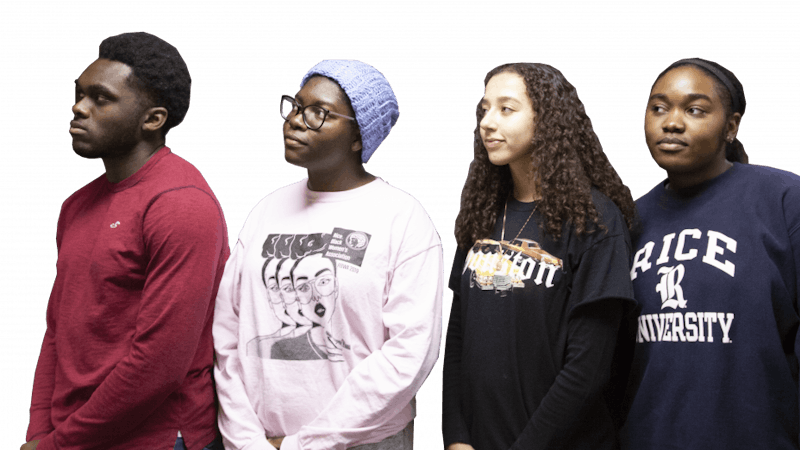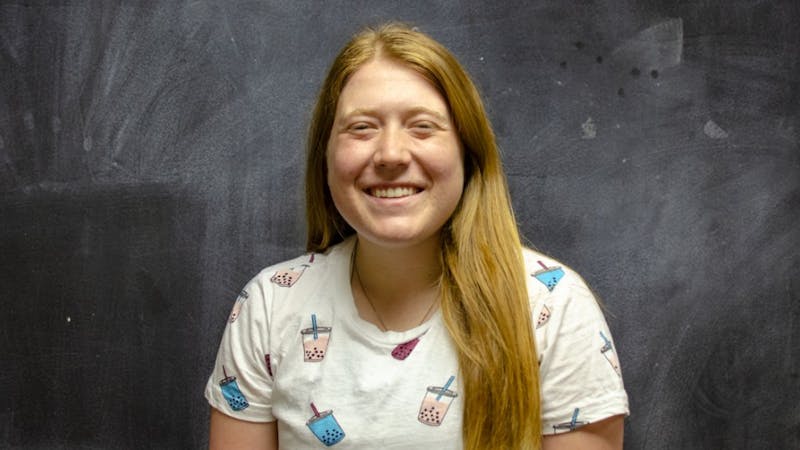
Companies need to remember the inclusion part of diversity and inclusion
Companies should strive to go beyond “quotas” for underrepresented groups as their measure of diversity and inclusion. Diversity and inclusion are reflected in how marginalized groups are treated by others, the opportunities available to these groups and the amount of respect given to a person’s voice. Even if a company has an equal demographic split, can they really say they are diverse or inclusive if select people experience bias or lack opportunities for success?




